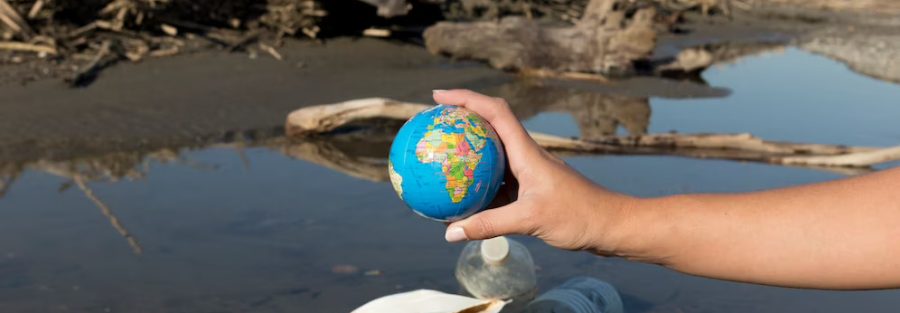Protecting river water from pollution is crucial for maintaining ecosystem health, safeguarding public health, and ensuring a sustainable water supply. Here are some key measures and strategies to help protect river water from pollution:
Strict Regulatory Framework: Governments should establish and enforce stringent regulations and standards for water quality. These regulations should address the discharge of pollutants into rivers, set limits on pollutant concentrations, and establish penalties for non-compliance.
Pollution Prevention: Emphasize pollution prevention at the source by implementing measures to minimize or eliminate the release of pollutants into rivers. This can include promoting sustainable agricultural practices, implementing industrial pollution control measures, and encouraging proper waste management and recycling.
Wastewater Treatment: Implement effective wastewater treatment systems for both industrial and domestic sources. Encourage industries and municipalities to treat their wastewater before discharging it into rivers, ensuring that it meets appropriate quality standards. Advanced treatment technologies can help remove pollutants, including nutrients, heavy metals, and organic contaminants.
Agricultural Best Practices: Promote sustainable agricultural practices that minimize the use of chemical fertilizers and pesticides. Encourage the adoption of precision agriculture techniques, such as targeted irrigation and fertilization, to reduce runoff and nutrient pollution from agricultural fields.
Riparian Zone Protection: Protect and restore riparian zones, which are the areas along riverbanks. These zones act as natural buffers, filtering pollutants before they enter the river and providing habitat for wildlife. Implement measures such as reforestation, establishing vegetative buffers, and limiting human activities in these areas.
Public Awareness and Education: Raise public awareness about the importance of protecting river water and the impact of pollution on ecosystems and human health. Promote responsible water use, waste reduction, and proper disposal of pollutants. Encourage individuals to adopt eco-friendly practices in their daily lives.
Monitoring and Assessment: Establish robust monitoring programs to regularly assess the quality of river water. Monitoring should include sampling and analysis of various parameters, such as nutrient levels, chemical contaminants, and biological indicators. The data collected can help identify pollution sources, track trends, and guide management actions.
Collaboration and Stakeholder Engagement: Foster collaboration among government agencies, industries, communities, and non-governmental organizations to address river water pollution collectively. Engage stakeholders in decision-making processes, encourage public participation, and seek partnerships to implement pollution control measures effectively.
River Restoration and Conservation: Support initiatives to restore degraded river ecosystems and protect sensitive habitats. These efforts can include river clean-up campaigns, restoration of wetlands and floodplains, and the establishment of protected areas along rivers.
International Cooperation: Collaborate with neighboring countries and international organizations to address transboundary river water pollution issues. Implement joint monitoring programs, information sharing mechanisms, and cooperative measures to protect shared river basins.
Protecting river water from pollution requires a comprehensive and integrated approach, involving multiple stakeholders and addressing various pollution sources. By implementing these measures, it is possible to safeguard the health and sustainability of river ecosystems and ensure clean and safe water resources for present and future generations.

